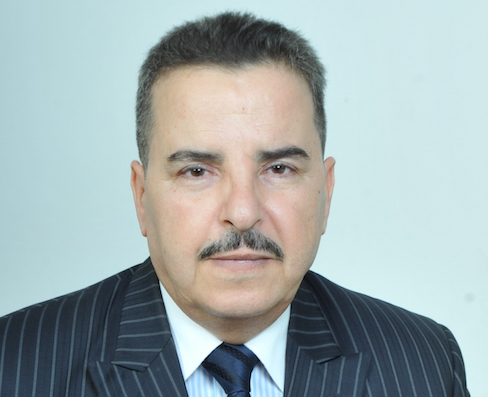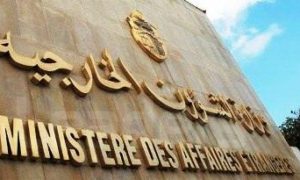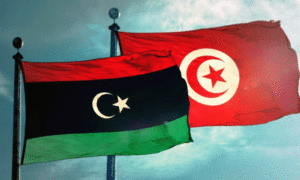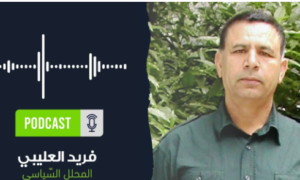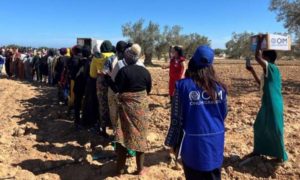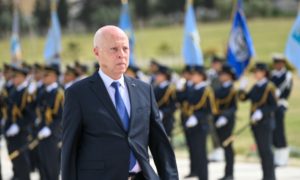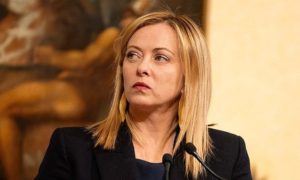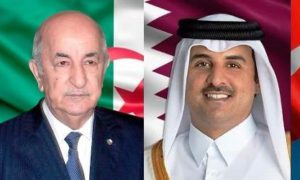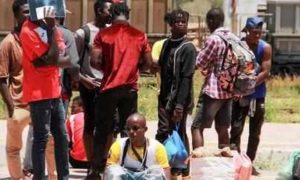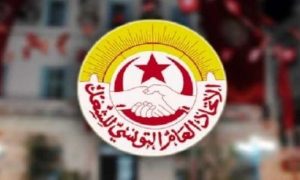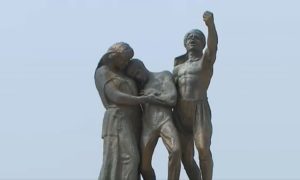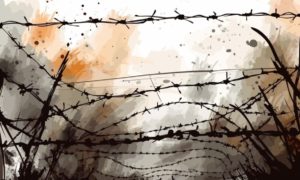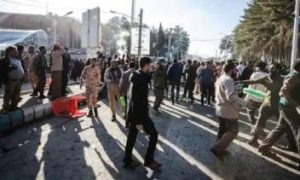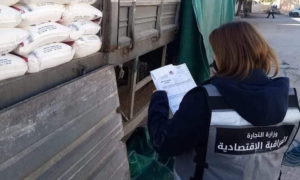On the morning of the 7th day of the life-saving presidential decrees, Tunisians woke up to the news of an hour-long call between the president of the republic and US national security adviser Jake Sullivan and believe me it’s so difficult to swallow that the official page of the presidency preferred not to release anything about it, so we had to go back to the White House for more news. And for good reason.
First, it was not the American president himself who told his Tunisian counterpart directly of what he thinks of this coup and to present him with his recommendations formulated as a superior indicates to a subordinate and it’s not even his secretary of state, but the national security adviser. This is to state how little attention the current US administration has of Tunisia and its head of the state. Gone are the days when President Kennedy and his beautiful wife paused on the airport tarmac for the arrival of Bourguiba, the first president to be greeted with a great ceremony after the inauguration. Other times, other manners.
So let’s come back to the white house’s report After the typical sales pitch, like President Biden’s strong support for the people of Tunisia and for Tunisian democracy based on fundamental rights, strong institutions, and a commitment to the rule of law, “the call is concentrated on the crucial necessity for Tunisian leaders to outline a swift return to the “democratic path. National Security Advisor Sullivan emphasised that this will require rapidly forming a new government, led by a capable prime minister to stabilize Tunisia’s economy and confront the COVID-19 pandemic, as well as ensuring the timely return of the elected parliament.
Let us move on to the incongruous invocation of this “prime minister”, who superbly overlooks the provisions of the Tunisian constitution which stipulates for a head of government. Does the American speaker anticipate the almost hidden intentions of Kaes Saïed who, while speaking of appointing a “prime minister”, evokes a sort of man or woman who will be called upon to run the government? (إدارة الحكــومة), reserving the prerogative to chair the Council of Ministers himself? In any case, he takes in this direction to several French news sites and officials, and even to the very respectable Human Rights Watch which indicates that Saïed declared that he would lead the government “with the help of a new Prime Minister ”, which is obviously wrong.
But the most significant point, also the most serious, of these recommendations-injunctions is this call for the “swift return of the elected parliament”. Mr Biden, his administration and his ambassador in Tunis, before pretending the scared Madona, jealous of Tunisian democracy, its institutions and the rule of law, didn’t they know zaâma that this parliament is rather badly elected, with the suspicious flow of money that has essentially profited the lists of the current majority? And that there are among the elected officials’ many supporters of notorious terrorists, convicts who owe their freedom solely to the immunity that their status gives them, a good number of corrupt who have been implicated in the sale of their voice, and even a long-distance smuggler who tried to decorate customs officers? And that the ISIE, the Court of Auditors, the HAICA and the opposition denounced grave irregularities that marred the elections which led to this parliament (distribution of cash and food aid, poor distribution of airtime, parties with one or more media, some of which are illegal, and campaigning on them all day long …), irregularities which, if confirmed by the competent courts, could lead to the invalidation of several lists and, consequently, lead to an obvious dissolution of this parliament? And above all, have they not seized the momentum of the Tunisian people and their hope for a true democracy, which cuts with corruption, embezzlement, terrorism and the disastrous management of the affairs of the State, its economy and of its debt, and which dedicates true and strong institutions, representative and responsible, rather than this quite unfunny circus that the parliament has become?
By mass protests on July 25, 2021, against the corrupt political system and the biased democracy of Ennahda and others, and by the spontaneous popular joy expressed on the evening of the same day, in response to the saving presidential measures, the Tunisian people, free and sovereign has spoken. its verdict is final. It is accordingly right.
They have the right to view this communication as inappropriate meddling in the internal affairs of their country, and a try to destabilize their president who is elected by 74% of votes, a check on his work to restore the country, and a lifeline extended to supporters of political Islam and their henchmen, supporters of the caliphate and enemies of the National State.
For ten years, the United States let the obscurantists do it, in Tunisia and elsewhere. By a historic hug of February 23, 2012, with the sixth Caliph Jebali, the American senator began a long page of compromise with the Tunisian Islamists, turning a blind eye to all the divergences from the constitution instituted by these same Islamists, in return for the assistance brought by them to the American work of destabilization of Syria, through the hiring of young Tunisians in distress, their recruitment, and their transportation to the Syrian front to work as cannon fodder in a war that is not theirs.
Young Tunisian women have even been taken to the front lines to entertain the terrorists and bring them comfort. A dangerous mix between the Muslim Brotherhood’s sense of honour, brotherhood and American Puritanism. As for the full employment ensured by Nahdha’s nominees, these young people have been well served. The American administration, which convokes the president to a “timely return of the elected parliament”, did not see right, for the young Tunisian democracy, to invite this parliament of Islamists to proceed “timely” to the establishment of the constitutional court as provided in the constitution within six months of the first legislative elections.
Seven years have passed, and the American silence is piercing. For my part, I estimate that this American intervention in the internal affairs of my country hardly adheres to diplomatic customs and to the mutual respect that presidents owe each other, expressed to the Tunisian president by a subordinate, like a splash in the long history of friendship and cooperation between the two nations, initiated when Tunisia was among the first countries to accept the independence of the United States which, for their part, was the first State to recognize the independence of Tunisia.
It is in times of turmoil that friends recognize each other, and the Tunisian people, who will never forget the American support for the national movement in its battle against colonization and the generous help of the American people bestowed after independence. and during the floods of 1969, feels sad and dismayed by the conduct of the leaders of the old American friend, and is allowed to hope that they will change their minds and reconsider their status in accordance with its aspirations for freedom, a freedom dear to both peoples and for which they respectively fought long heroic battles, with its ambition to emancipate itself from the yoke of the obscurantists and with its hopes of building a true citizen democracy, based on the rule of law, strong institutions, and not on obedience to a religious party and its guide.
Abdelaziz Gatri
Advice for: –
customs operations, –
international commerce –
customs litigation.
What's happening in Tunisia?
Subscribe to our Youtube channel for updates.



